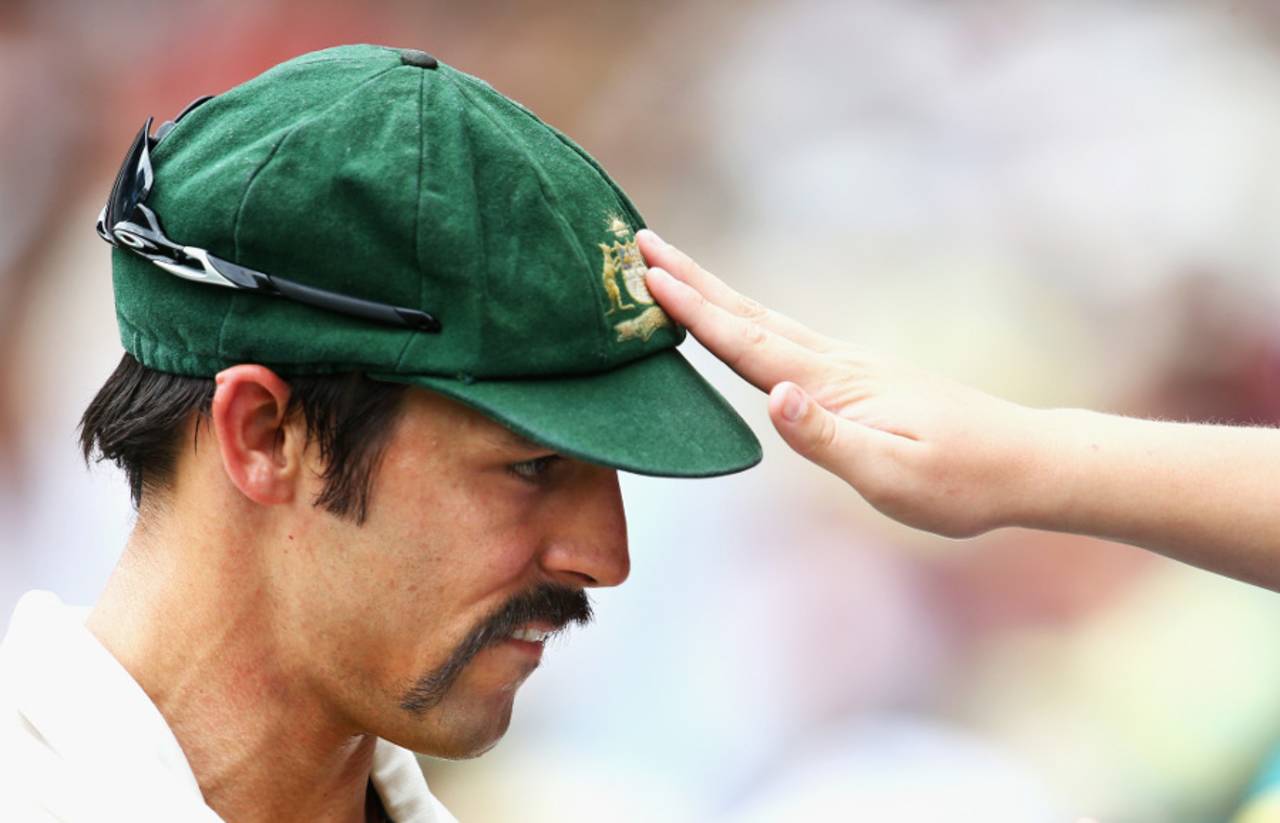In general political terminology, the word "radical" is meant to denote someone interested in thorough political change, at the expense of the existing social order. In contrast, a reactionary is one who seeks a return to an earlier, idealised society. Previously these two terms were used as antonyms.
However, it is obvious that some of the most radical political movements these days are essentially reactionary in nature. It is easy to be glib and cite the Taliban and the Tea Party as examples of this phenomenon, but reactionary attitudes are also prevalent in the rise of many other political forces that espouse the value of a society built on tradition while demanding comprehensive and immediate reform in order to achieve it. A facet central to the arguments of such radical reactionary movements is the idea of a loss of identity. Consequently it is repeatedly argued that aggressive measures need to be taken in order to preserve a dwindling sense of identity.
Watching the current Ashes, it was obvious that the Australian media and former players had adopted a "radical reactionary" approach. In the resolutely puritan and remarkably over-the-top outcry over Stuart Broad's (not) walking, and the employment of every masculine adjective imaginable for Mitchell Johnson's bowling, one saw the notion of an ideal that the Australian cricket team was meant to return to.
You can't underestimate the importance of "return" in that sentence. Over the past hundred years or so, reactionary politics has usually emerged in the aftermath of economic depression, and the current response by the Australian cricket fraternity followed four utterly bare years for the trophy cabinet. What they demanded was a return to winning ways, and they seemed to suggest that the way to do so was by returning to certain ideals.
The development of this sporting identity can be found in Peter Roebuck's In It to Win It, where he speculated that the Australian desire to excel at sport stemmed from the anxiety of a small, resolute nation in a vast, forbidding country to make its mark on the world
The recent fallow years in Australian cricket have, serendipitously, seen the emergence of several remarkable writers. Many of them wrote over the past few years about how attending the funeral of your girlfriend's father, wearing a ear stud, admitting to mental fragility, having an interest in your hair style, getting floral tattoos were symptomatic of the Australian cricket establishment clashing with a changing Australian society. Seeing as the team also began to lose more often during this time, it seemed to imply that Australian cricket was struggling to succeed because it was holding on to the past.
Yet when Mickey Arthur was sacked, the Australian board seemed to make a desperately reactionary move. Arthur's methods had faced a lot of criticism, and the board seemed to want a return to type. When they appointed Darren Lehmann, one attribute commonly cited was that he was more "matey".
Since I am not politically inclined towards reactionism, it seemed to me that an imagined ideal of Australian cricket was being fetishised. So it was with some astonishment that I watched this young Australian side of metrosexuals and vegans tactically (the bouncer-heavy bowling, the attacking batting) and theatrically (the moustache on Mitch's face, the "broken ****** arm") project various Platonic ideals of Australian cricket onto itself on the way to a famous victory.
And it was here that the differences between politics and sport became manifest. In politics at large, outside of elections there is no clear sense of winning and losing, while in sport there is. The merits of pursuing radical reactionism might be debatable in political terms since the "ideal society" that is being sought to be returned to doesn't exist. But in sport, the radical reactionary response of Australian cricket was seeking a return to a tangible state of winning matches, one which could be, and was, realised.
Central in making this radical reactionary urge work was the idea of the identity of Australian cricket. Like all other identities, the one of Australian cricket is a construct and can often be self-contradictory, but it is nevertheless extremely well developed. The return to identity is central to reactionary politics, and in order to succeed, that sense of identity needs to be rich.
One reason for the development of this sporting identity can be found in Peter Roebuck's excellent book on Australian cricket, In It to Win It, where he speculated that the Australian desire to excel at sport stemmed from the anxiety of a small, resolute nation in a vast, forbidding country to make its mark on the world. Whatever the reason for its formulation, this sense of identity was vital in giving the players a touchstone to aim for during the Ashes. In all likelihood, the effect of having this identity was little more than providing common purpose and a release of nerves, but the impact cannot be underestimated.
I should make clear here that the radical reactionism was not a strategy but an impulse, so to speak, that seemed to arise out of the subjective fear that the "Australian identity" was being lost. Moreover, it is clear that Mitch grew his facial hair for Movember and Lehmann was a good option with lots of experience against England, but all these factors came together to represent a radical return to an ideal state of what Australian cricket was meant to be. The fact that an unheralded and decent-but-not-great side won 5-0 was the ultimate validation of this impulse.
What the Ashes provided was evidence of how important the articulation of an identity is for sporting cultures. No team wins on the basis of identity alone, but it remains central in creating advantages that skills and talent can sometimes fail to provide.
Ahmer Naqvi is a journalist, writer and teacher. He writes on cricket for various publications, and co-hosts the online cricket show Pace is Pace Yaar. He tweets here
